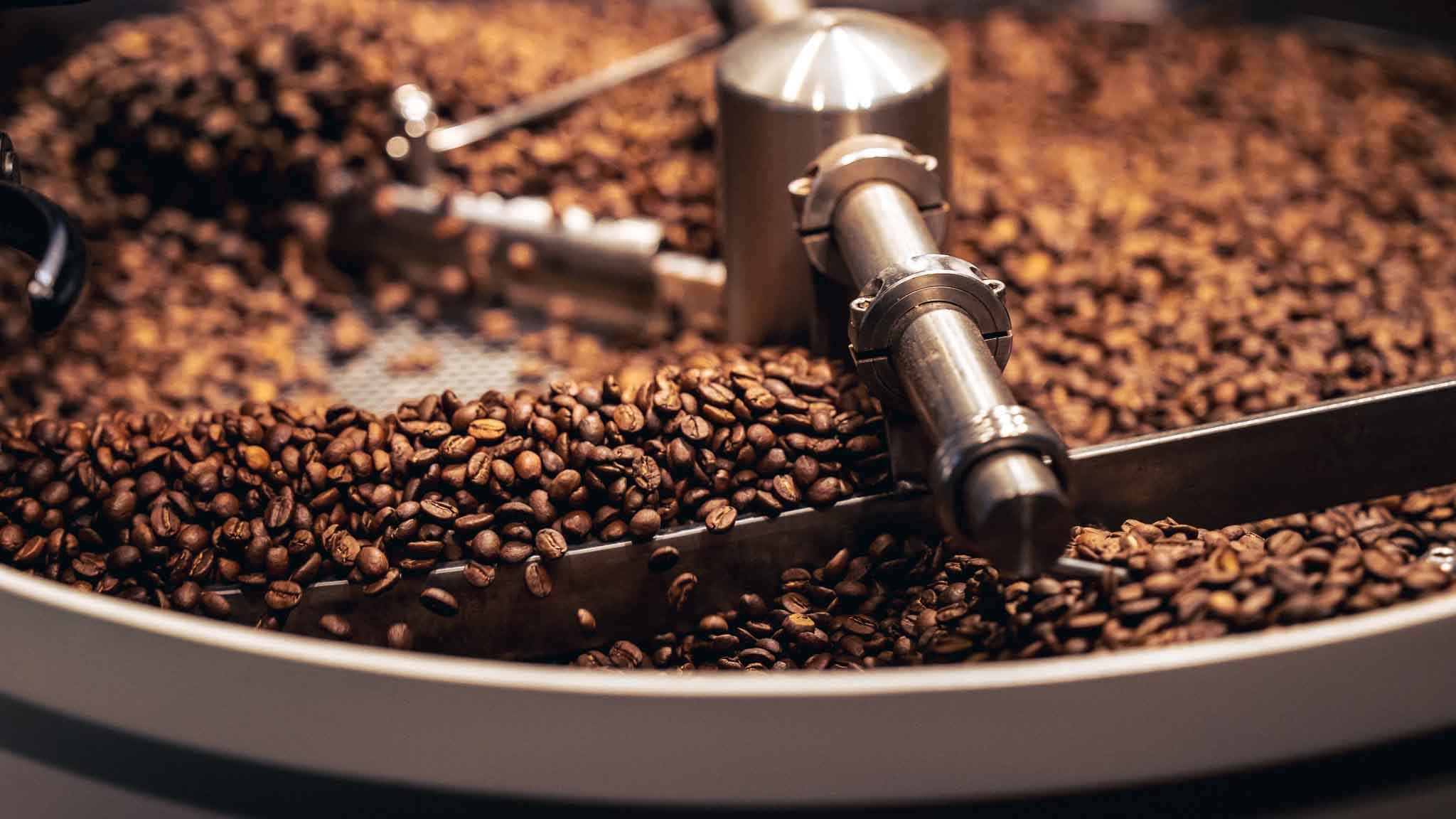Resting Coffee: How Fresh is Too Fresh?
If you’ve been buying and brewing coffee for a while, you’ve probably noticed that most shops (including us!) put the date the beans inside your bag were roasted. Why do we bother mentioning this? Put simply, freshness does matter for how long ago your coffee was roasted. Give the beans enough time, and the flavors become muted, and the coffee tastes hollow.
But how long does it take for the coffee to lose its flavor? Should you brew your coffee as quickly as possible and as close to the roast date as possible to avoid any degradation? The answers to these questions might not be as clear as it seems…
What is resting coffee?
Resting coffee seems a bit counterintuitive. In essence, it means deliberately not brewing the coffee you just bought for a few days or even weeks beyond the roast date on the bag. Why bother doing this? The main reason people do this is to let the coffee “off-gas”, or allow the gases (mainly CO2) that get built up inside each coffee bean imparted during the roasting process to release from the beans. This is similar to why when brewing coffee we often let the coffee “bloom” during a pour over - helping to further release those gases to help the coffee extract better. The gases built up in the coffee makes it harder for water in your brew to extract the necessary compounds to make a full and flavorful cup - and we want to do everything we can to improve the quality of the cup we make.
How does resting affect your cup of coffee?
Letting the beans “off-gas” and reduce the CO2 levels makes it easier to brew a better cup of coffee. The water that you brew with has to compete less with the gases physically separating your coffee grounds from your brewing water. With high levels of gases still present in your coffee - the result will be an uneven cup of coffee with punchy acidity, low sweetness, and a somewhat bitter finish. The goal of resting your coffee is to provide a much more round cup, that has pleasant acidity, lots of complexity, high sweetness, and a satisfying finish. In more delicate coffees like our limited release offerings, this resting period helps to transform the coffee - allowing the floral notes that make geshas famous shine through - and not be overshadowed by extreme acidity and an unpleasant finish for example.
How long should you rest your coffee?
This is probably the biggest point of contention. In the coffee world some say 2 days after roasting is perfectly fine, some recommend 5-7 days, 2 weeks, a month, or even upwards of 6 weeks to get the best out of your bag of beans. Recommended resting times often depend on how your coffee was roasted (light/medium/dark) with the general thought being that lighter coffees benefit more from a longer resting period.
With our coffees we find this idea to be true. Darker roasts like Eliza Furnace taste great with a shorter resting period of around 3-5 days, medium roasts like El Zapote benefit from a resting period around a week, and our lighter coffees like El Indio really open up after 10-14 days of rest after the roast date. Our limited release coffees tend to do really well with an extended resting period of 2-3 weeks (with great tasting cups I’ve brewed a few months after the roast date!)
How long will your coffee taste good for?
Although your coffee will peak in terms of flavor at a certain point in time, this does not mean that the coffee will suddenly turn bad the day after our recommended resting period. Degradation in coffee is gradual, especially after the first month. The acidity may peak a little less, and the complexity may reduce a bit, but the coffee will still taste great. We tend to find a noticeable decrease in quality around 6 weeks off roast, but this doesn’t always hold true for every coffee. Heavily processed anaerobic coffees may peak with a high intensity of flavors, but give the coffee a month or two, and those intense flavors start to mellow down and bring out new subtle flavors that were hard to perceive earlier.
General things to look out for that signals your coffee is beyond its best are flat or underwhelming acidity, little sweetness, and a papery and thin finish that doesn’t last very long, and general “stale” qualities.
Do you purposefully rest your coffee? If you do, for how long? We’re always happy to hear about people’s coffee experiences and what works for you. Reach out to us at talk@defer.coffee to continue the conversation!

